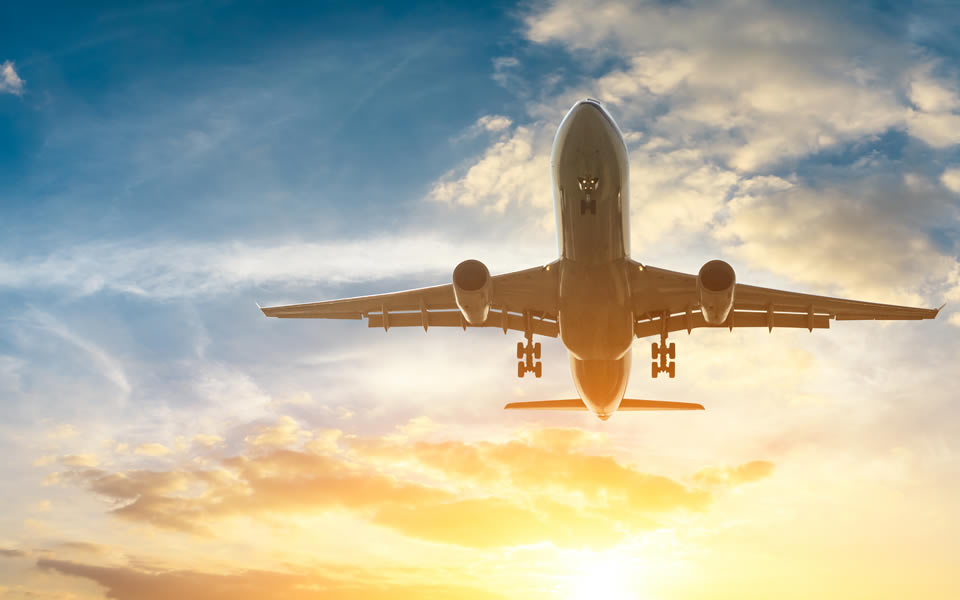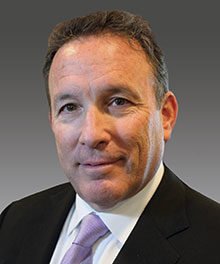Friendlier Skies?

The Department of Transportation just rolled out new rules that will force airlines to give prompt cash refunds to passengers whose flights get canceled or are delayed significantly. This move will put significant pressure on airlines, which will automatically have to give refunds if delays reach three hours for domestic flights or six hours for international ones. The airlines will also have to pay refunds for lost baggage not returned within 12 hours, another common source of aggravation.
As a frequent traveler, I’m glad to see that something is being done to cut down on flight cancellations and delays. Many road warriors have tried to take a proactive approach to the hassle factor with air travel—perhaps booking flights a day earlier to make sure we don’t miss a meeting or choosing an airline offering more flight options in case we get stuck. Or my personal favorite, booking multiple refundable flights to the same place.
Nonetheless, it will benefit many destination cities and other industries if travelers can book flights with more confidence and certainty. If you’ve been to any live conferences and events lately, for instance, you’ve probably noticed that while they’re filling up, attendance is still lower than before the pandemic at many of them. It’s hard to fill the house when travelers have to pay higher prices to get a seat on overfull flights and don’t have 100% confidence they’ll get there in time for the event. That has a knock-on effect on hotels, restaurants, and local transportation providers—not to mention the organizers, who may have a hard time enticing this year’s attendees to come back in the future.
Some airlines have already been trying to get ahead of the curve with innovations to make the passenger experience better. American Airlines is rolling out improved self-check-in kiosks to cut down on long lines. United is now using AI to write and quickly send out notices about delays through text messages and its app, so travelers don’t have to wonder what’s going on.
But there’s also been some pushback on the few existing services to make the flying experience better. California is considering restrictions on CLEAR, a service allowing travelers who pay $189 to skip airport security lines and opt for a biometric scan instead. Some travelers have gotten angry, saying that it prompts inequitable travel because many passengers can’t afford this option and get stuck waiting in long queues instead.
Many years ago, flying was something travelers looked forward to. Years of cost-cutting have turned flying into more of a necessity than something to anticipate. My hope is that one of the major airlines will decide, amidst all of the discussion, that what’s old is new again and bring back the days when flying was fast, comfortable, and even luxurious, with plenty of legroom for all. That could start a trend we’d all welcome.
On another note, Wednesday was Administrative Professionals Day, and I want to thank our admin team for their dedication and exceptional contribution to our organization. Your organizational skills, attention to detail, and the support you provide form the backbone of our daily operations, and your efforts do not go unnoticed. Thank you for everything you do; your hard work is truly appreciated.
